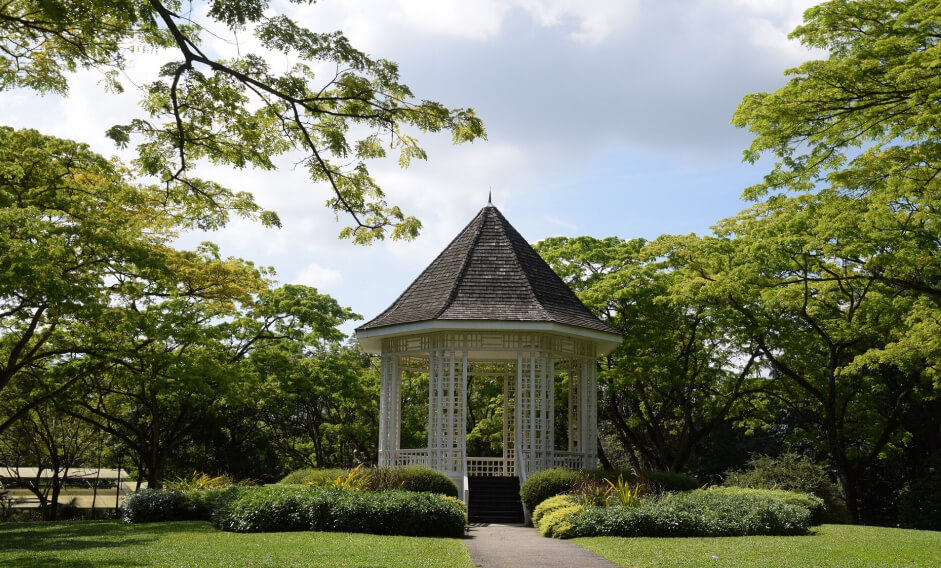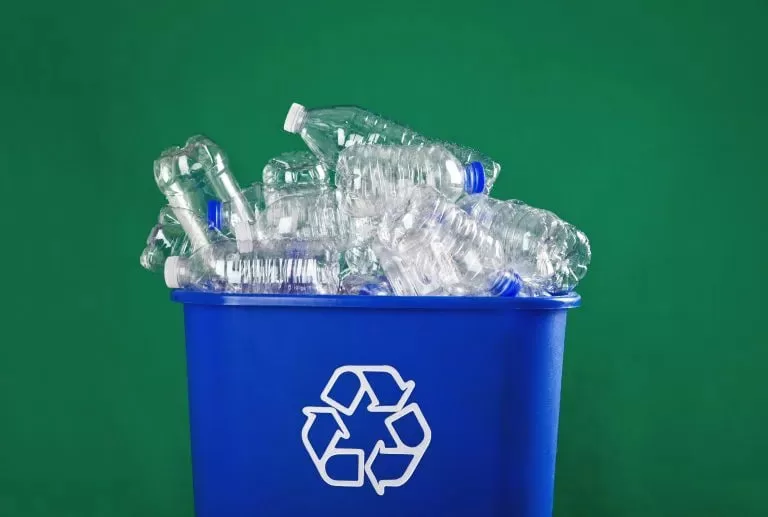Cum sociis natoque
penatibus et magnis dis
Cum sociis natoque penatibus et magnis dis parturient montes, nascetur ridiculus mus. Aenean commodo ligula eget dolor. Aenean massa. Cum sociis natoque penatibus et magnis dis parturient montes, nascetur ridiculus mus. Donec quam felis, ultricies nec, pellentesque eu, pretium quis, sem.


Cum sociis natoque
penatibus et magnis dis
Cum sociis natoque penatibus et magnis dis parturient montes, nascetur ridiculus mus. Aenean commodo ligula eget dolor. Aenean massa. Cum sociis natoque penatibus et magnis dis parturient montes, nascetur ridiculus mus. Donec quam felis, ultricies nec, pellentesque eu, pretium quis, sem.
What is Plastic Recycling?
Plastic recycling is the process of collecting and processing plastic waste into new and valuable products. This crucial environmental practice not only diverts plastics from landfills and oceans, where they can cause significant harm, but also reduces the need to extract and process raw materials, saving energy and reducing greenhouse gas emissions. By giving plastic materials a second life, recycling helps to minimise the global plastic footprint and supports a more sustainable, circular economy.

Other Recycling Services
In addition to our comprehensive plastic recycling initiatives, we offer a wide array of other recycling services designed to meet the diverse needs of Singapore’s community. From wood waste recycling, which helps conserve natural forests, to metal recycling, aimed at reducing the demand for virgin mining resources, our company’s efforts span across various materials.
Book an Appointment for Plastic Recycling with Our Sales Specialists
Let’s create a greener future together, one recycled piece at a time.
FAQs about Plastic Recycling in Singapore
What happens to recycled plastic materials after they are collected?
After collection, recycled plastics are sorted by type and quality, cleaned, and then processed. They may be mechanically shredded into flakes or pellets and repurposed into new plastic products, ranging from packaging materials to construction items, depending on the recycling method used.
What types of plastic can be recycled in Singapore, and how should they be prepared?
Singapore recycles most types of plastic, including PET (polyethylene terephthalate), HDPE (high-density polyethylene), and PVC (polyvinyl chloride). To prepare them for recycling, rinse and clean the plastics to remove any residue, and remove any non-plastic components like caps and labels where possible.
Are there specific regulations or guidelines governing plastic recycling practices in Singapore?
Yes, Singapore has specific regulations and guidelines to ensure the efficient and environmentally safe recycling of plastics, including the NEA’s Technical Guidelines for the Import and Export of Plastic Waste and the 3R Guidebook for Offices. Companies and individuals are encouraged to follow these guidelines to contribute to effective recycling efforts.
What are the challenges and limitations of plastic recycling in Singapore, and how can they be addressed?
Challenges include contamination of recyclable materials and the presence of non-recyclable plastics in recycling streams. Educating the public on proper recycling practices and investing in advanced sorting and processing technologies can help address these issues, improving the efficiency and effectiveness of recycling programmes.
Are there incentives or subsidies available for plastic recycling efforts in Singapore?
Yes, there are various incentives and subsidies available to encourage plastic recycling in Singapore. These may include grants for companies investing in recycling technologies – such as NEA’s 3R Fund – and programmes – such as the Beverage Container Return Scheme – that reward individuals and businesses for their recycling efforts.
get in touch
with us
Call us now
Address
-
17 Changi South
Street 1
S486781
Email address
Send us a message
